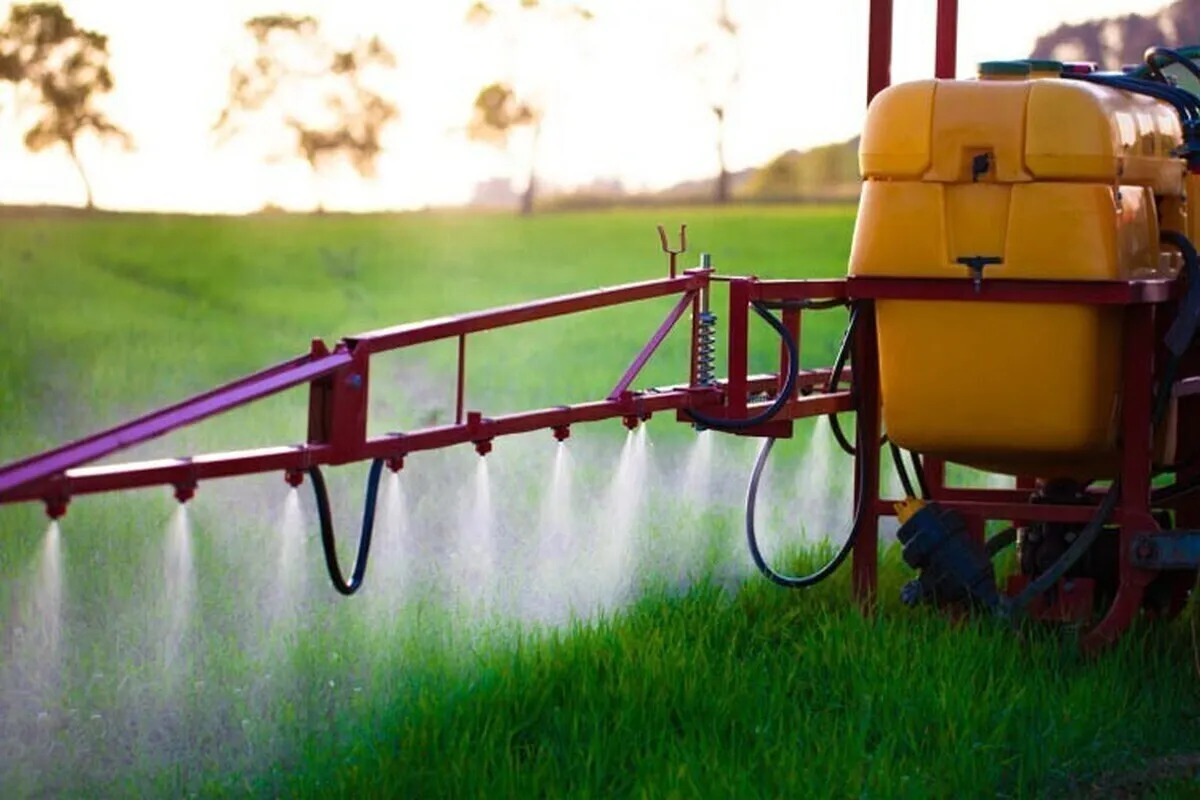Iranian Firm Uses Biocontrollers to Reduce Agricultural Pests

“Biological control is a method for managing pests and diseases in agriculture and horticulture that uses living agents like microorganisms, insects and parasites to combat plant problems. This method is based on the use of insects or microorganisms that naturally occur in the environment,” said Reza Arabi, the production manager of the knowledge-based company.
He called the method as biocontrol, and said, “It is a sustainable and environmentally friendly approach to manage pests and diseases in agriculture, forestry and other local systems. In contrast to traditional chemical methods, biological control relies on the natural phenomena of herbivores and pest detectives to regulate their populations.”
Arabi underlined that reduction in pesticide use, increase in the quality and quantity of products, and preserving the environment are a number of the benefits of the method.
In a relevant development in May, a group of Iranian researchers had succeeded in settling the problem of impacts of pesticides on agricultural products by making standard biocompatible poisons.
Researchers at a knowledge-based company stationed at Tarbiat Modarres University produced biocompatible pesticide formulations, Varozis disease drug, compounds that attract fruit flies, sulfur and tabul to control pests and plant pathogenic agents, pesticides from plant residues, compounds which increase the effectiveness of pesticides, and active targeted fertilizers.
“Agricultural pesticide residues have created many problems for the export of greenhouse products. An issue that caused many products to return to Iran many times and farmers suffered a lot,” Saeed Moharramipour, a professor of Agriculture Faculty of Tarbiat Modarres University and the managing director of the knowledge-based company, told ANA.
“Our company has produced the product which kills the most important pest of greenhouses in the country - the two-spotted tartan mite. We have also registered the pesticide for fighting the citrus leafhopper, one of the key citrus pests,” he added.
4155/v





















